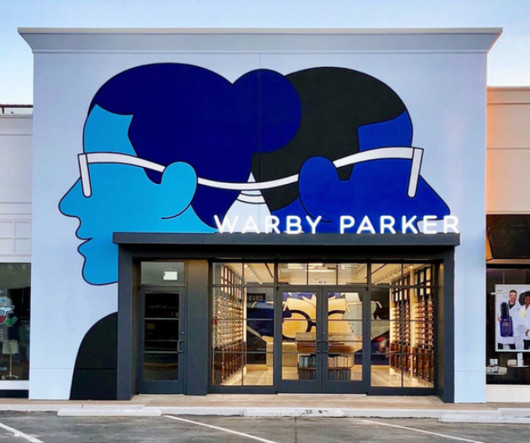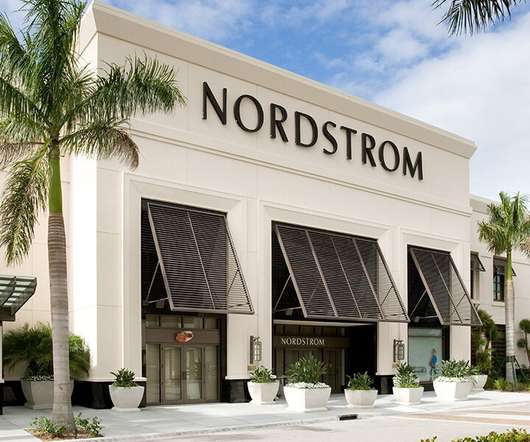Why Direct to Consumer Brands Struggle with Profitability
Indigo 9 Digital
NOVEMBER 16, 2023
By Tricia McKinnon Over the past decade direct-to-consumer businesses have popped up in nearly every corner of the retail sector. From mattresses sold by Casper to prescription eyeglasses from Warby Parker ambitious founders have taken a page from Amazon’s playbook hoping to sell goods directly to consumers online.











Let's personalize your content